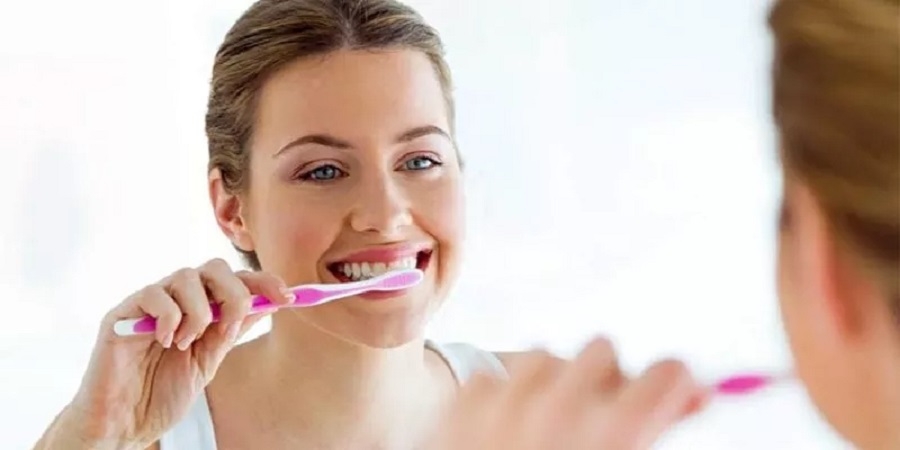Wait, what? Should you not rinse after brushing your teeth?
Total Views |

Brush your teeth, spit out, and then
rinse – that’s the oral hygiene drill most of us follow each morning (and also
at night). But what if we told you that you have been doing this basic,
everyday task all wrong?
According to several viral videos on
the internet, you should completely avoid rinsing after brushing your teeth.
Why? The clips claim that the fluoride present in toothpaste does not get
enough time to do its job – strengthening your enamel.
Is the claim true, or is
it just some bizarre information being circulated online to win ‘views’ and
‘shares’? We asked dentists.
Surprise, surprise! It turns out
that what these viral Reels suggest is correct. Dentists agree that one should
avoid rinsing with water after brushing their teeth.
“Do not rinse your mouth with water
or mouthwash after brushing. This applies both after you brush and after you
use mouthwash. If you rinse, you wash away the fluoride, and it cannot work its
magic to prevent cavities or decay. Fluoride is most effective when it stays on
your teeth for an extended time,” says Dr Raghavendra B R, dentist at
Gleneagles BGS Hospital, Bengaluru.
Dentists suggest spitting out the
excess toothpaste and waiting for 20–30 minutes before drinking water.
“Or, if one feels the need to rinse
their mouth immediately after brushing their teeth, then using a fluoride mouth
rinse can also work,” says Dr Suman Yadav, head of the maxillofacial and dental
department at Numed Hospital, Noida.
Fluoride, a mineral, protects enamel
from the acid produced in the mouth by bacteria, thereby preventing cavities.
It essentially reduces tooth decay and also protects against plaque build-up.
“When the fluoride in toothpaste
comes in contact with enamel, it integrates into the crystal structure and
forms a mineral called fluorapatite, providing protection from acid attacks.
Not only that, but it also promotes remineralisation by encouraging calcium and
phosphate ions, which create a new surface on the teeth, making them
acid-resistant,” explains Dr Bhargav K H, consultant paediatric dentist,
maxillofacial and dental surgery at SPARSH Hospital, Bengaluru.
Dentists hail fluoride as an
important toothpaste ingredient.
However, children and those diagnosed with
dental fluorosis (a condition involving white spots or discolouration of the
teeth) should avoid using fluoride-containing toothpastes.
Even children, who may accidentally
swallow toothpaste while brushing their teeth, are advised to use fluoride-free
toothpastes.

